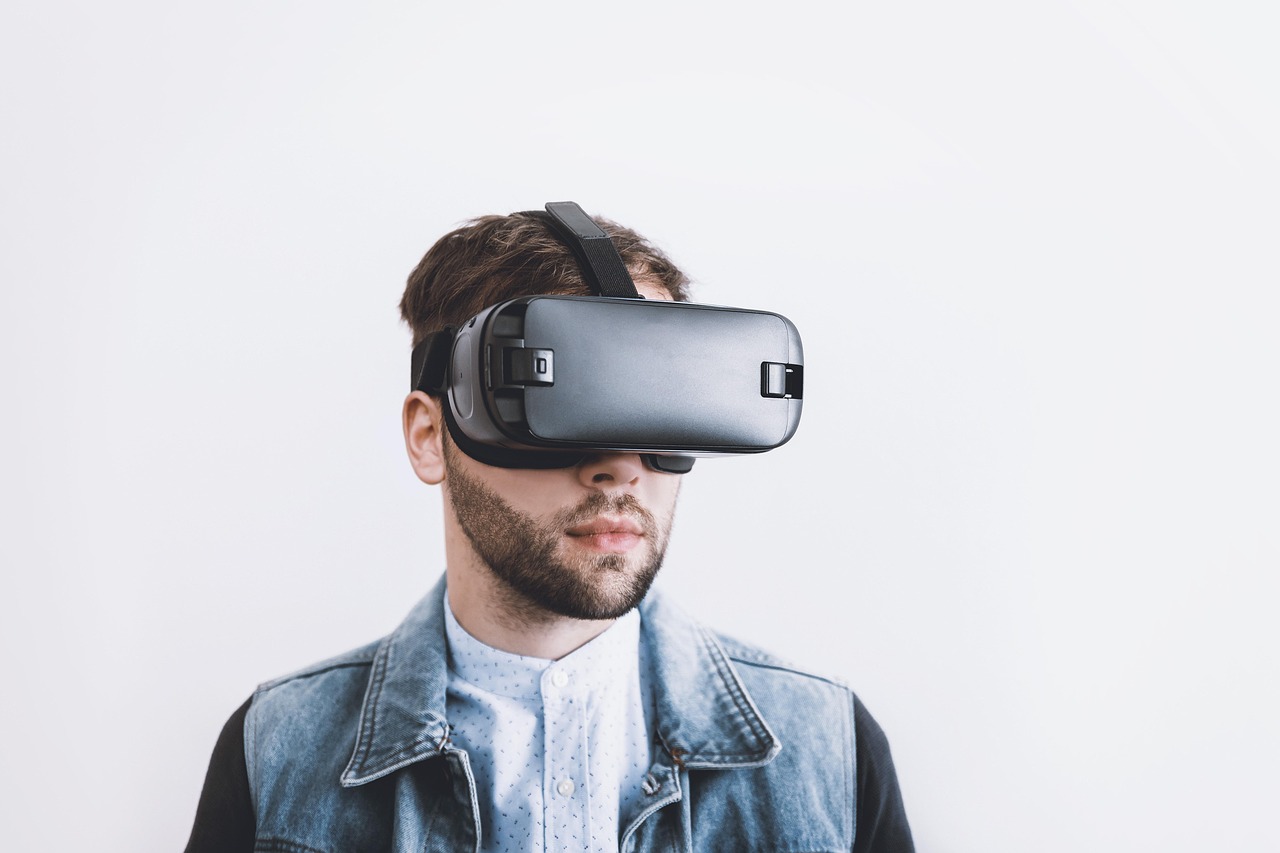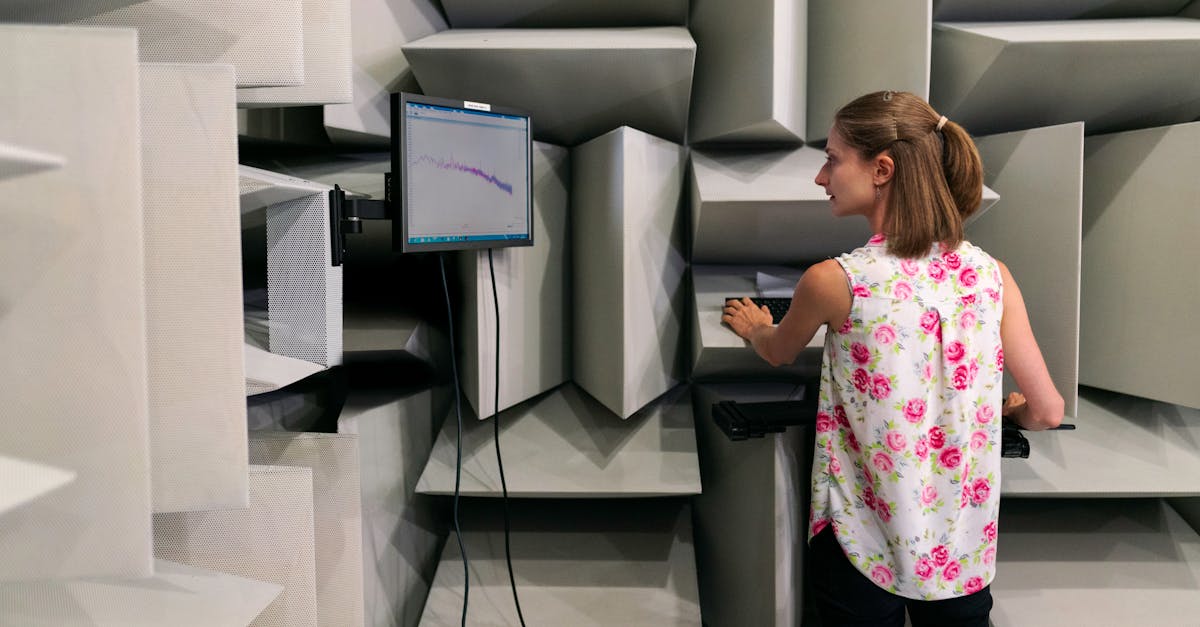Charting the Course of Tomorrow: How Upcoming Technology Trends are Shaping the Future of Work
The future of work is being shaped by the rapid advancement of technology. As we stand on the brink of a technological revolution that will fundamentally alter the way we live, work, and relate to one another, it's crucial to understand these changes and prepare for a future that's still being written. This article will delve into the upcoming technology trends that are steering the course of tomorrow, and how they're shaping the future of work. Each section will explore a unique aspect of this theme, providing a comprehensive view of the landscape we're stepping into.
Artificial Intelligence (AI) and Machine Learning
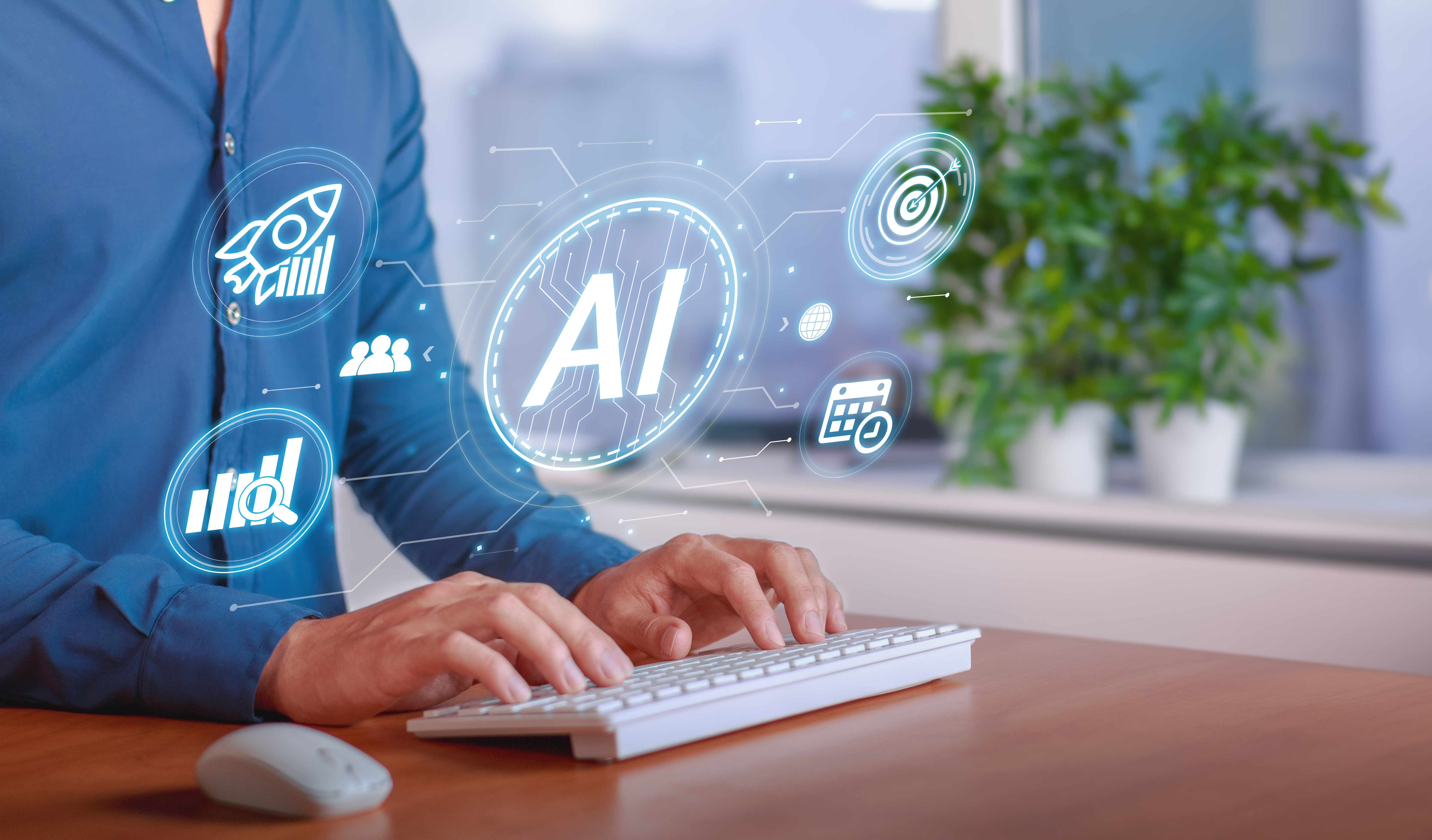
AI and machine learning are already making significant strides in the world of work. They're automating routine tasks, predicting trends, and even making decisions based on vast amounts of data. As these technologies continue to evolve, they'll take on more complex tasks, freeing up human workers to focus on creative and strategic aspects of their jobs.
The Rise of Remote Work

The COVID-19 pandemic has accelerated the shift towards remote work, a trend that's likely to continue post-pandemic. This shift is being enabled by advancements in communication and collaboration technologies, which are making it easier for teams to work together from different locations.
The Gig Economy

Technology platforms are enabling the rise of the gig economy, where temporary, flexible jobs are commonplace and companies contract with independent workers for short-term engagements. This trend is changing the traditional employer-employee relationship and could have significant implications for workers' rights and benefits.
Robotics and Automation
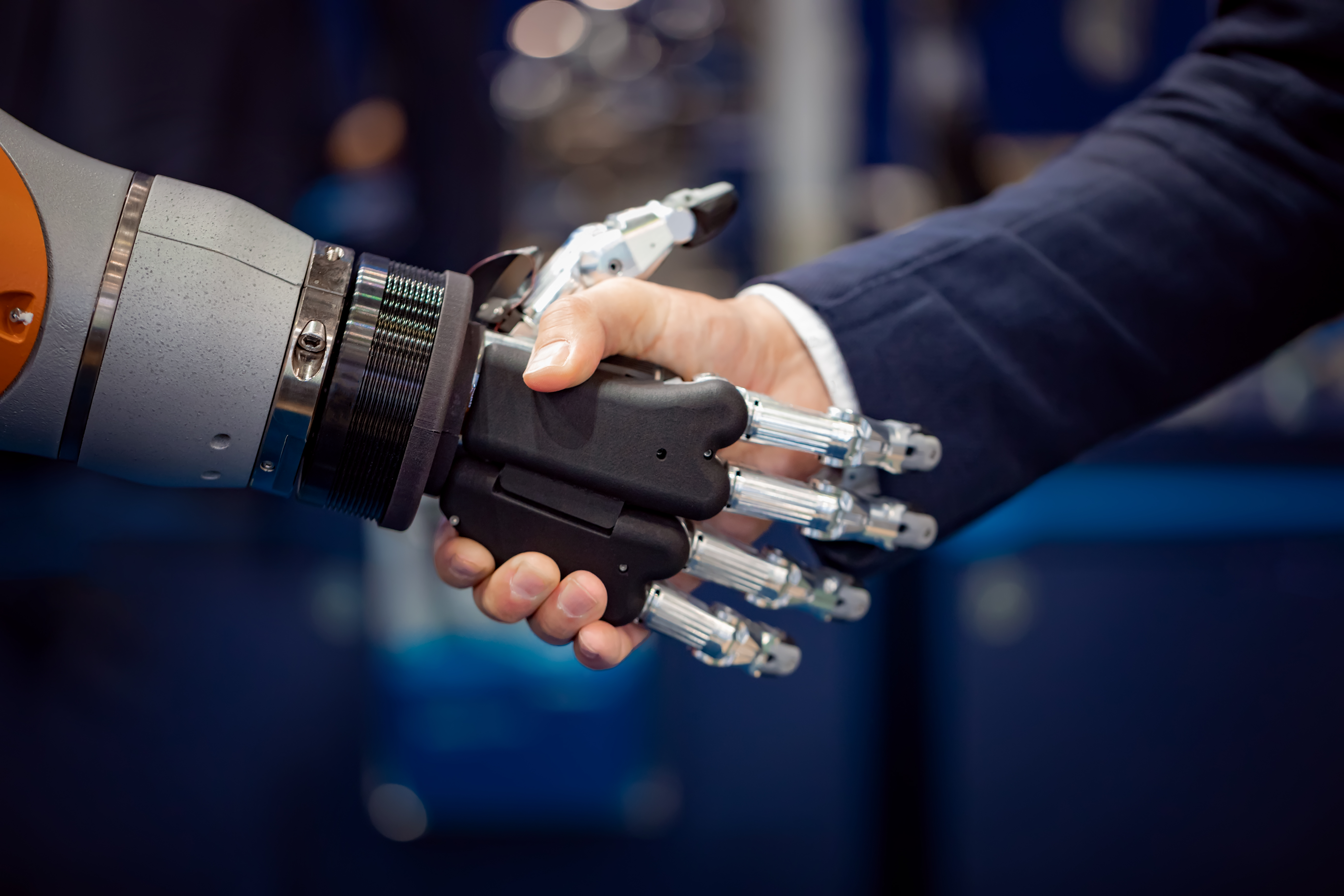
Robots are no longer confined to factories and warehouses. They're now entering the service sector, taking on roles in healthcare, retail, and hospitality. As robotics and automation technology improves, we'll see robots taking on more complex tasks, potentially displacing some jobs but also creating new ones.
Virtual and Augmented Reality

Virtual and augmented reality technologies are not just for gaming. They're being used for training, collaboration, and even remote work. As these technologies become more mainstream, they could fundamentally change the way we work and learn.
The Internet of Things (IoT)
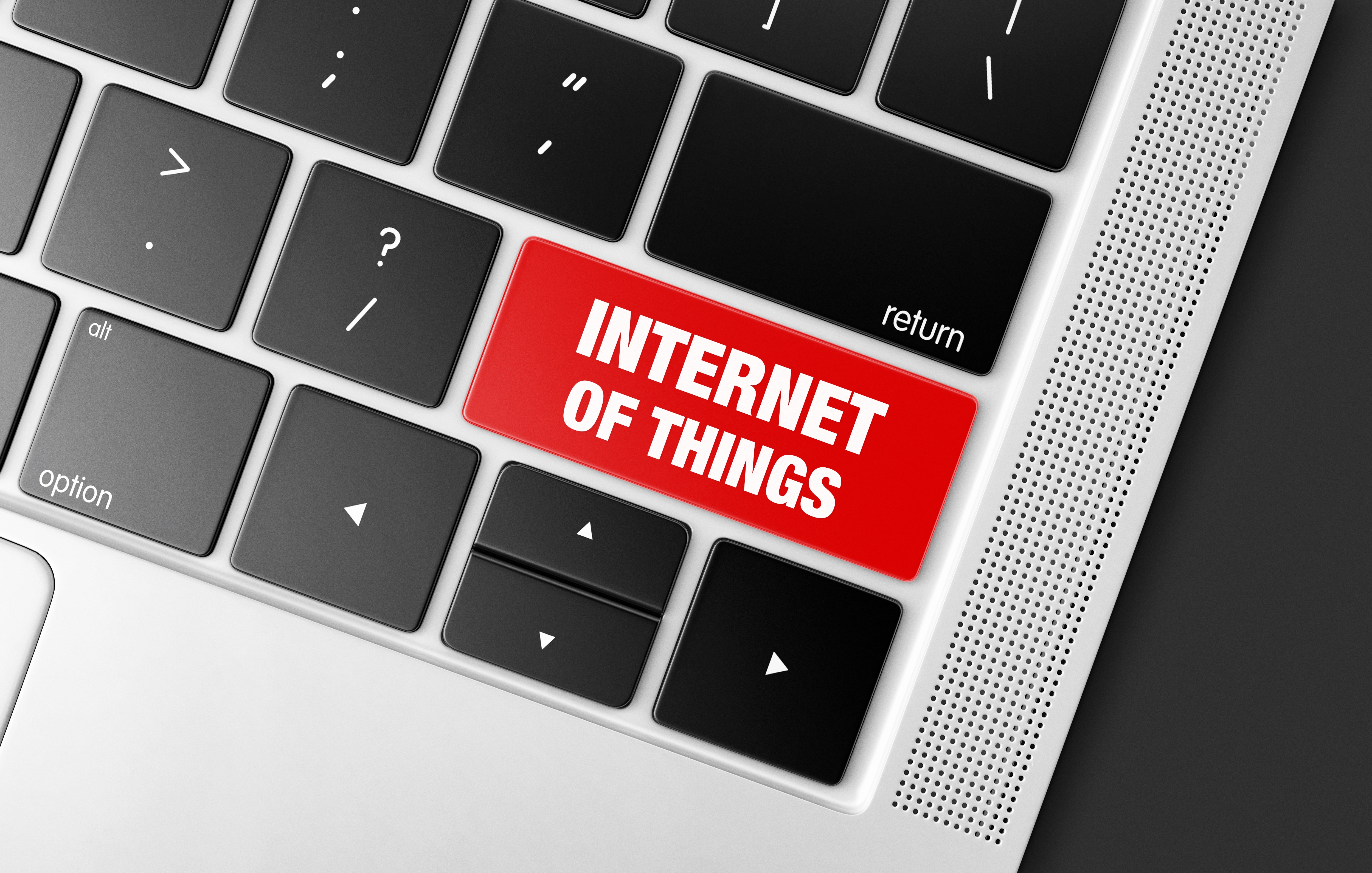
The IoT is connecting devices and systems in ways that were unimaginable just a few years ago. This connectivity is creating a wealth of data that can be used to improve efficiency and productivity in the workplace. It's also raising new challenges around data security and privacy.
Blockchain Technology

Blockchain technology is not just for cryptocurrencies. It has the potential to create more secure, transparent, and efficient systems for transactions of all kinds. This could have significant implications for industries like finance, supply chain management, and healthcare.
5G and Beyond

The rollout of 5G networks is set to revolutionize the speed and capacity of wireless communication. This could enable new applications in areas like remote work, virtual reality, and the IoT. And with 6G already on the horizon, the possibilities are truly staggering.
Quantum Computing

Quantum computing is still in its early stages, but its potential is enormous. It could revolutionize fields like cryptography and optimization, which are crucial for many aspects of work. However, it also poses new challenges in terms of security and privacy.
Biotechnology

Advancements in biotechnology are not just transforming healthcare. They're also creating new opportunities in areas like agriculture, manufacturing, and environmental sustainability. As our understanding of biology improves, these opportunities will only grow.
Nanotechnology

Nanotechnology is enabling us to manipulate materials at the atomic and molecular scale, opening up new possibilities in fields like electronics, medicine, and energy production. This could lead to breakthroughs that transform the way we work and live.
Ethical Considerations

As these technologies advance, they're raising new ethical questions. How do we ensure AI systems are fair and transparent? How do we protect privacy in a world of ubiquitous data collection? How do we manage the societal impacts of automation? These are questions we'll need to grapple with as we chart the course of tomorrow.
The Skills of the Future

As technology changes the nature of work, it's also changing the skills that are in demand. Skills like creativity, critical thinking, and emotional intelligence are becoming increasingly important, as are skills in areas like AI, data science, and cybersecurity.
The Role of Government and Regulation

Government and regulation will play a crucial role in shaping the future of work. Policies around things like data privacy, workers' rights, and education will need to adapt to keep pace with technological change. This will require a delicate balancing act between fostering innovation and protecting the public interest.
The future of work is exciting, but it's also fraught with uncertainty. As we chart the course of tomorrow, it's crucial that we understand these upcoming technology trends and their potential impacts. By doing so, we can ensure that we're prepared for whatever the future holds and that we're shaping a future of work that's inclusive, fair, and beneficial for all.



